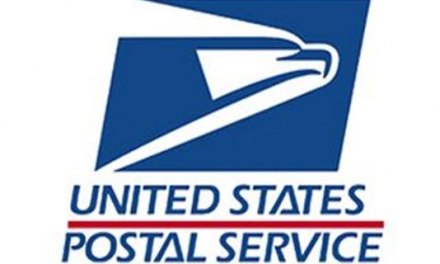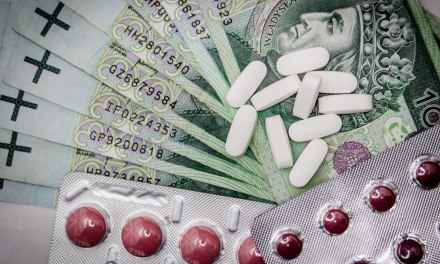Recent updates on matters of interest:
Cases thrown out of Court, retroactively
This one happened to involve George Floyd, who was killed in Minneapolis many years later:
Probe of Old Drug Cases Raises Questions About 2004 George Floyd Arrest
You might say that police misconduct changed his whole life long before he died at the hands of an officer in a distant city. A different prosecutor is revisiting this now.
That’s often what it takes for change — somebody new to view the evidence through fresh eyes. Sometimes the whole house of cards starts to shake. By then, of course, a new set of challenges confronts the prosecution team. Key principals – witnesses, attorneys, judges, police officers – are gone, perhaps for many years. Just figuring out what happened, in case after case, is a massive task.
But once momentum builds, it can end in tremendous damage to the credibility of a department or a government. Something relatively minor — distorting or exaggerating one’s credentials, lying under oath about an unrelated issue – can, in the right circumstances, lead to wholesale reversals of criminal convictions. Years of work, undone with a stroke of a judge’s pen.
For instance, this case from when I was still in the Washington DC area. It led to the biggest scandal of its type in recent memory, centering on false claims of expertise on the part of a witness who happened to be a police officer.
Next: A crisis in funding for addiction treatment programs
The article:
A New Addiction Crisis: Treatment Centers Face Financial Collapse
You may be aware of the acute difficulties some treatment programs are experiencing when it comes to paying bills and keeping their doors open. In this case, we’re focusing on outpatient programs, particularly those that serve indigent and uninsured clients. Mostly nonprofits, without extensive reserves.
The article features a busy program in the city of Baltimore. As I’m positive there’s no shortage of Baltimoreans who need treatment, why are so few showing up? The article explores that issue.
Telehealth has made a difference, but not to the point where program expenses are covered. The Paycheck Protection Program (PPP) of the Small Business Administration has indeed helped some programs, while others say they’re still waiting on funds. It’s a bridge loan, essentially, with certain conditions to meet. Still, every nickel helps.
Telehealth has some clear advantages — it’s cheaper to provide, obviously, and can reduce no-shows, a perennial problem for outpatient treatment. Clinicians have discovered they can do many if not most of their work online, with zero risk of accidental transmission of the virus during activities.
Still, some warn, the bond between clinician and counselor isn’t the same, and addiction clients are more likely to cheat in terms of substance use, among other problem behaviors. A counselor might pick up on the signs if the client were right in front of them. Harder if you rely on an image on a TV screen.
We’ll need more research on long-term effectiveness.
Like everything else in the complex world of treatment, there will be benefits & there will be risks. That never changes.













